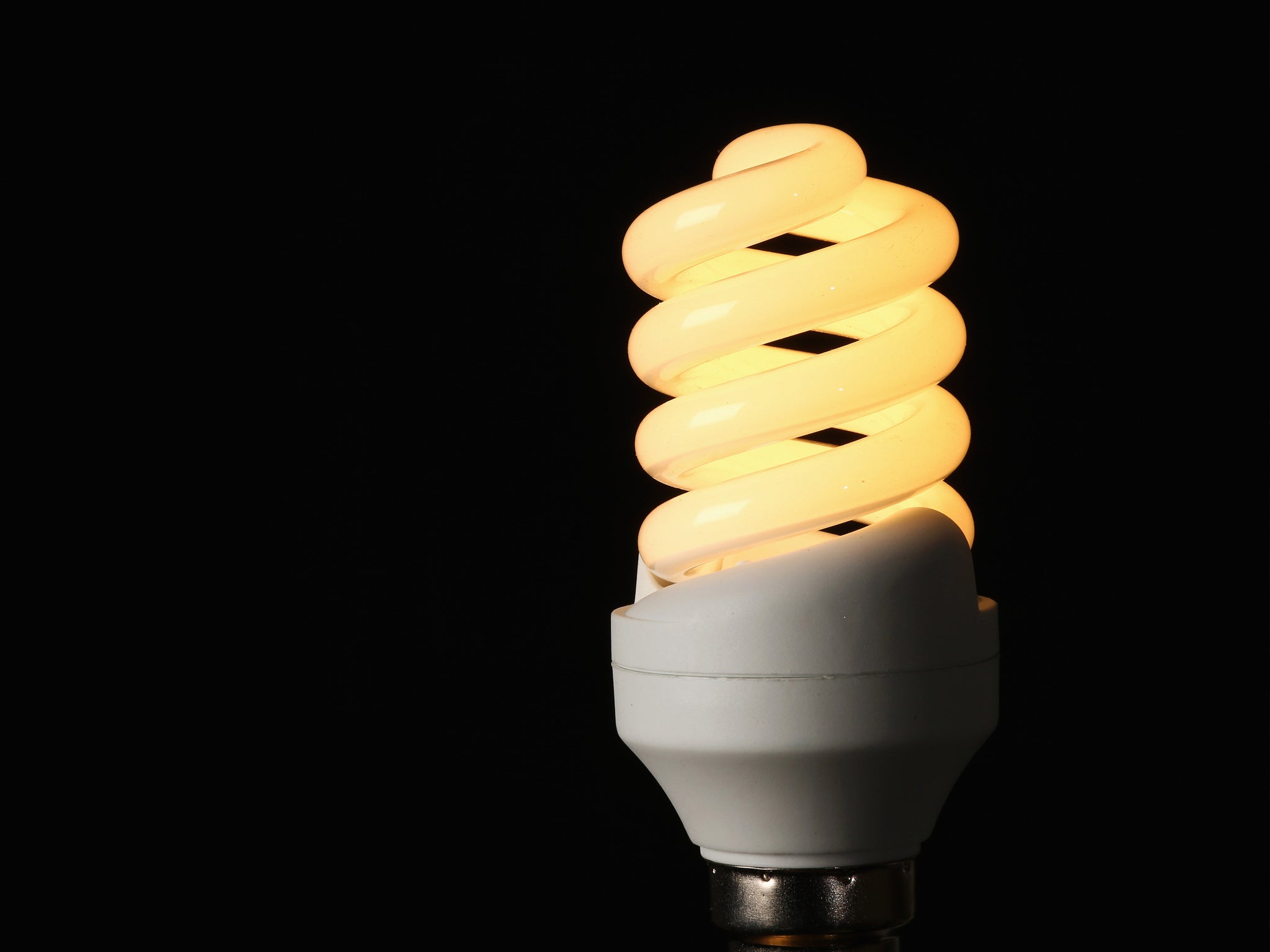Access to electricity and artificial light triggers a reduction in sleep, study says
The study worked with two groups of hunter-gatherers indigenous to the Chaco region of northeastern Argentina

Easy access to electricity and artificial light triggers a measurable reduction in human sleep, a new study of hunter-gatherer communities has said.
Researchers from Yale, Harvard, the University of Washington, and the University of Quilmes and Conicet in Argentina studied two groups of hunter-gatherers indigenous to the Chaco region of northeastern Argentina.
The communities share the same ethnic and socioeconomic background but only one has free access to electricity, while the other relies exclusively on natural light.
The researchers determined, by fitting participants in each community with wrist devices that logged data about sleep-wake cycles, that those with access to electricity slept less in the summer.
Apple watch: will we wear it?
Show all 6Researchers gathered data during one week in the summer and one week in the winter and found a shift in both the timing and duration of sleep.
In the summer, those with access to electricity slept approximately 40 minutes less than their counterparts who depended on natural light, as they went to sleep later but woke around the same time.
In the winter, participants with electricity slept about an hour less than participants without electricity.
It is the first study of its kind to document the relationship between access to artificial light and the amount of sleep humans get each night.
"What this suggests is that early humans may have had longer periods of rest than people in most industrialized societies experience today," said Yale University biological anthropologist Eduardo Fernandez-Duque, a co-author of the paper.
"I think it is important to continue communicating the idea that in our industrial societies we may not be getting all of the sleep we should."
Lead author Horacio de la Iglesia of the University of Washington, said: "In a way, this study presents a proxy of what happened to humanity as we moved from hunting and gathering to agriculture and eventually to our industrialized society."
"All the effects we found are probably an underestimation of what we would see in highly industrialized societies where our access to electricity has tremendously disrupted our sleep."
Subscribe to Independent Premium to bookmark this article
Want to bookmark your favourite articles and stories to read or reference later? Start your Independent Premium subscription today.

Join our commenting forum
Join thought-provoking conversations, follow other Independent readers and see their replies